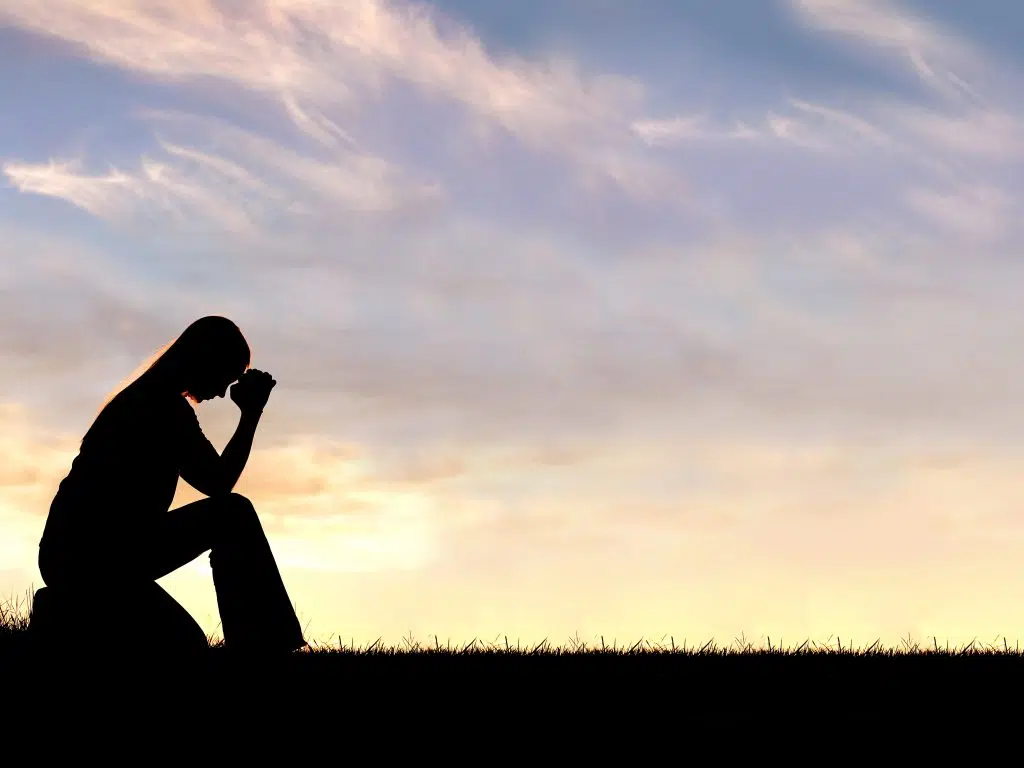How are you?
“I’m so busy!”
We all say it — and we all say it all the time. It’s a status symbol. The busier we are, the more important we are. Busy is an adjective meaning “engaged in action,” “occupied,” “being in use,” or “full of activity.” America rewards, incentivizes and celebrates activity.
Don’t believe me? Just look around on any Sunday. Is our culture observing rest, worship, a cessation of work, and focused family time — or is it pushing and guilt-tripping you into even more activity?
Are your kids busy? You bet. They’re taking after us parents — “engaged in action” and “full of activity” — and they better be. If you’ve taken one glance at today’s college applications, you know that there are dozens of questions gauging just how busy they’ve been. If you want the acceptance letter and the scholarship, get busy.
But here’s what I keep wondering: How about the soil in our backyards — is it busy?
I’m more and more convinced that the reality check we need as parents is right beneath our feet — in the soil, the dirt, our backyard. We don’t need advanced degrees in soil conservation to know that soil — like our spouse, our faith, and our family — requires times of rest.
After all, if soil is constantly “busy,” always chock-full of crops, then it will lose its fragile balance of microorganisms and become depleted.
“The major causes for soil degradation include unsustainable agricultural practices, overgrazing, deforestation and improper land use,” noted a CNBC report, “behind the looming soil shortage,” which cautions that the world is fast-heading toward a soil shortage.
I’m starting to think that a lot of us well-meaning parents are in fact complicit in “unsustainable agricultural practices” in our own homes. We are treating the soil — the finite time our kids will spend in the wondrously fragile and complex garden of the family — unrealistically, expecting too much growth, too fast. We seem to want busy soil, “soil hacks,” quick-growth soil, when we know, deep down, that the laws and dynamics of soil — just like forming our kids in the faith — cannot be shortcut.
When our saplings don’t grow as quickly as we’d wish, or as fast as the neighbor’s kids, or as their coaches and college applications seem to demand, we reach for some chemicals and spray the soil. We say, “I want you busy. Busy pays.” We raid the nutrient-rich Sabbath soil. Instead of allowing the soil of our families to regenerate on Sundays, we transgress the third commandment: “Remember the Sabbath, to keep it holy … in it you shall do no work,” and exploit the day to grow more, faster, higher, bigger, stronger.
Our overgrazing and even desertification of the Sabbath has rendered our families’ crops artificially high yield (not to mention, attractive to college admissions committees), and our homes are bigger and more comfortable. But the soil erosion and degradation in our families comes with a high price tag: anxiety, loneliness, poor sleep and diet, rising screentime, and yes, our waning faith. Any farmer who inspected our culture’s Sabbath soil would see anthropogenic erosion.
Jesus did most of his teaching by focusing our attention on crops, trees and soil, but surrounded by all our tech and noise, it’s hard to hear his voice. When Martha was full of activity, Jesus chided her. Our heavenly Father gave us 10 commandments, but in our “total world of work,” we struggle to live out the third, which is the one that creates the space for us to be able to live out the other nine. Maybe that’s why so many of the 613 mitzvot (laws) of the Old Testament attempted to explain and safeguard the third commandment.
Enough is enough.
Let’s show our kids, friends and neighbors what a hard stop looks like on Sunday morning. Let’s show them what sustainable agriculture looks like, starting with our own calendars. Let’s show them how to reclaim and recultivate the loam of the Sabbath, free of chemicals. The erosion stops here. The busy stops here.
Johnson and his wife, Ever, are cofounders of trinityhousecommunity.org.



